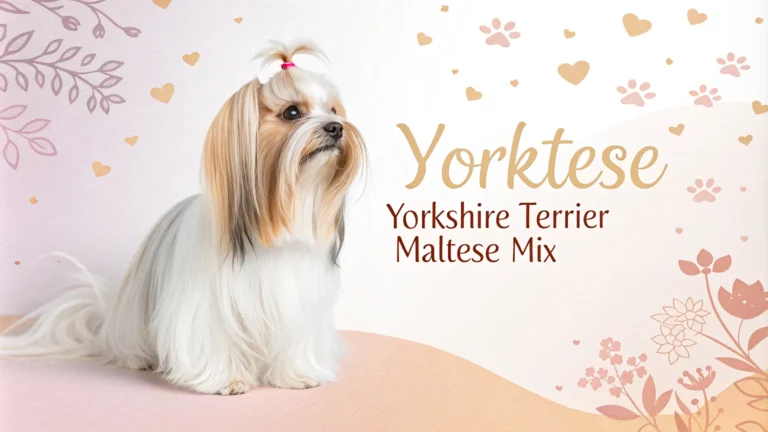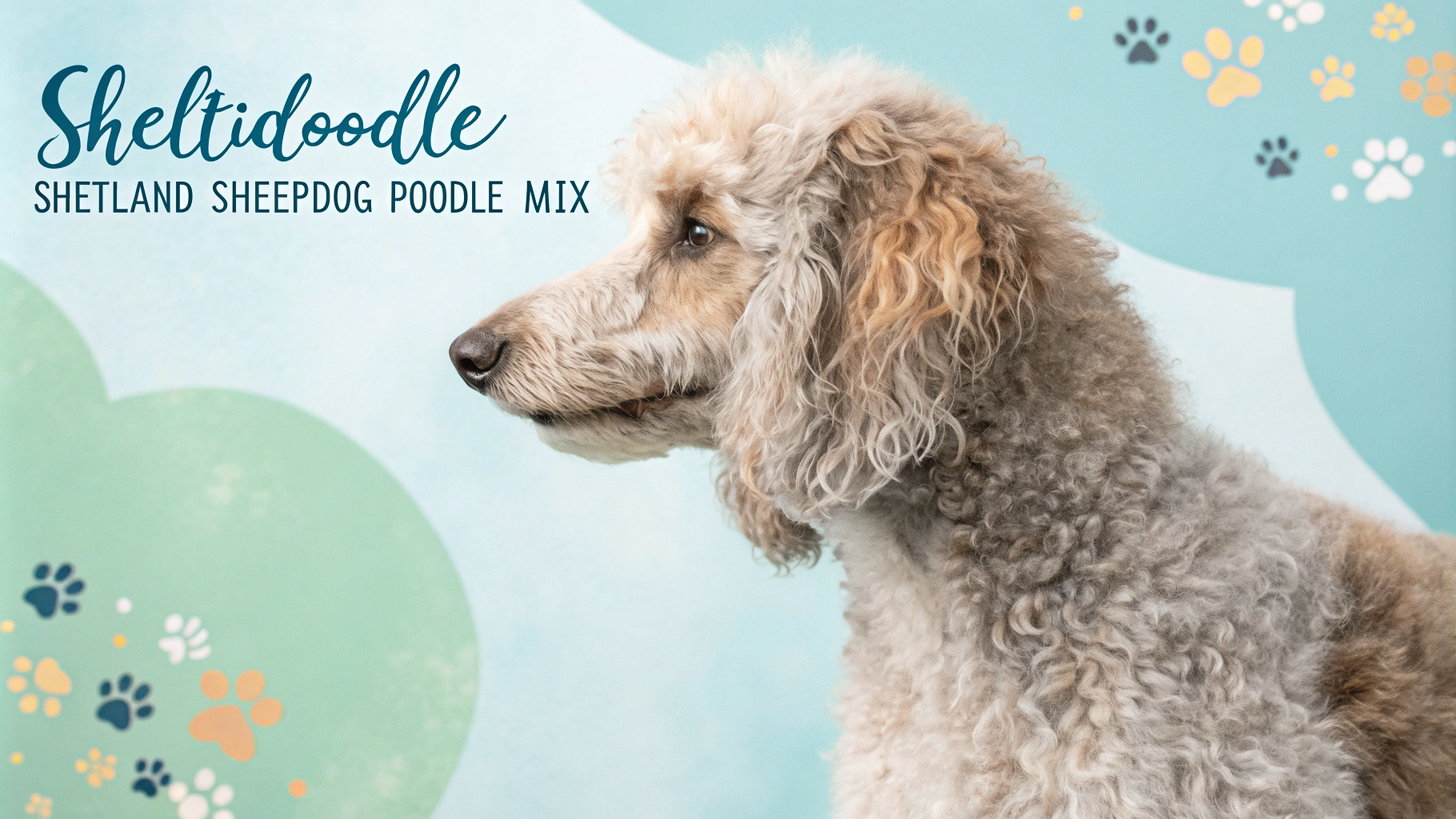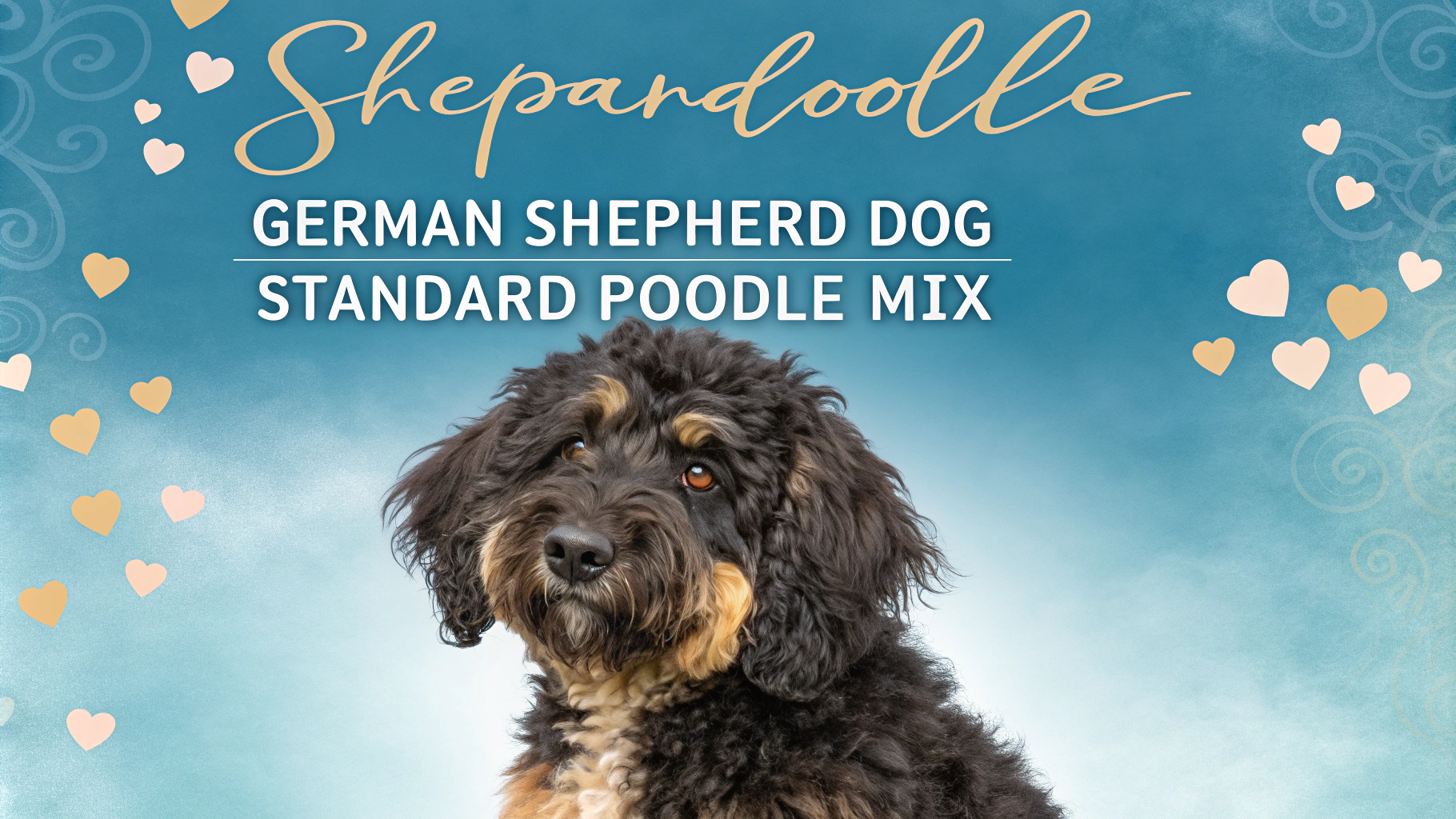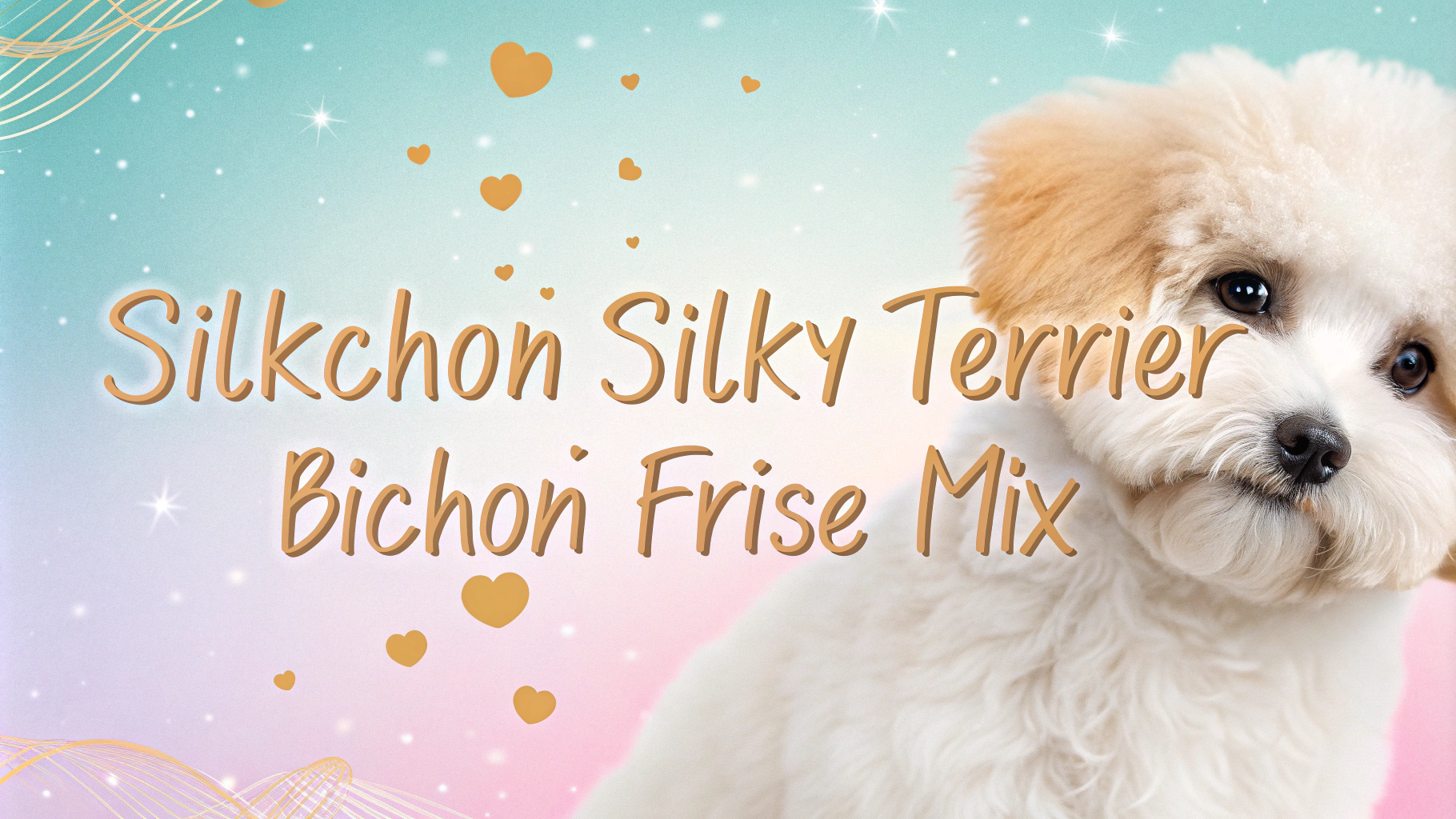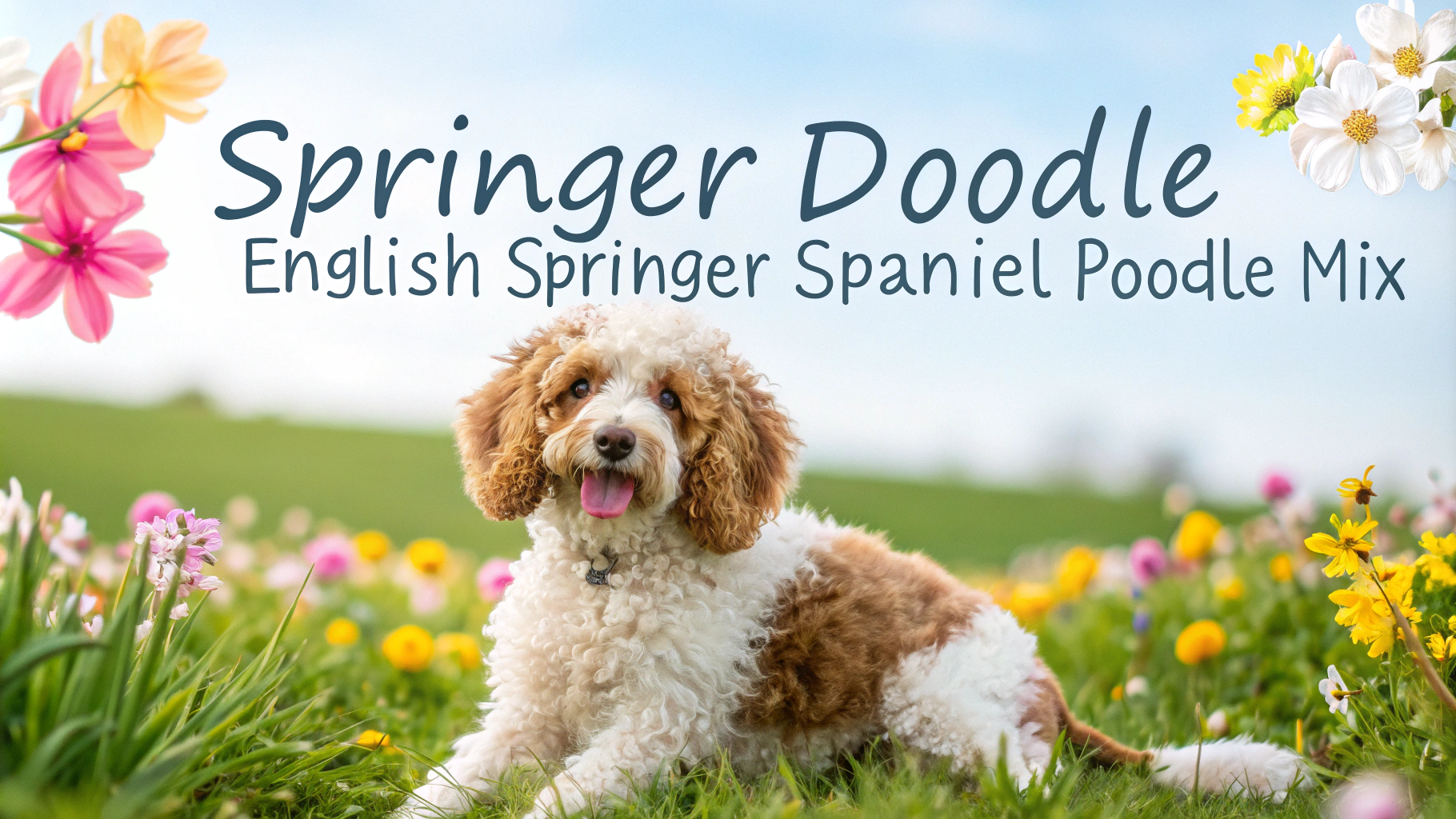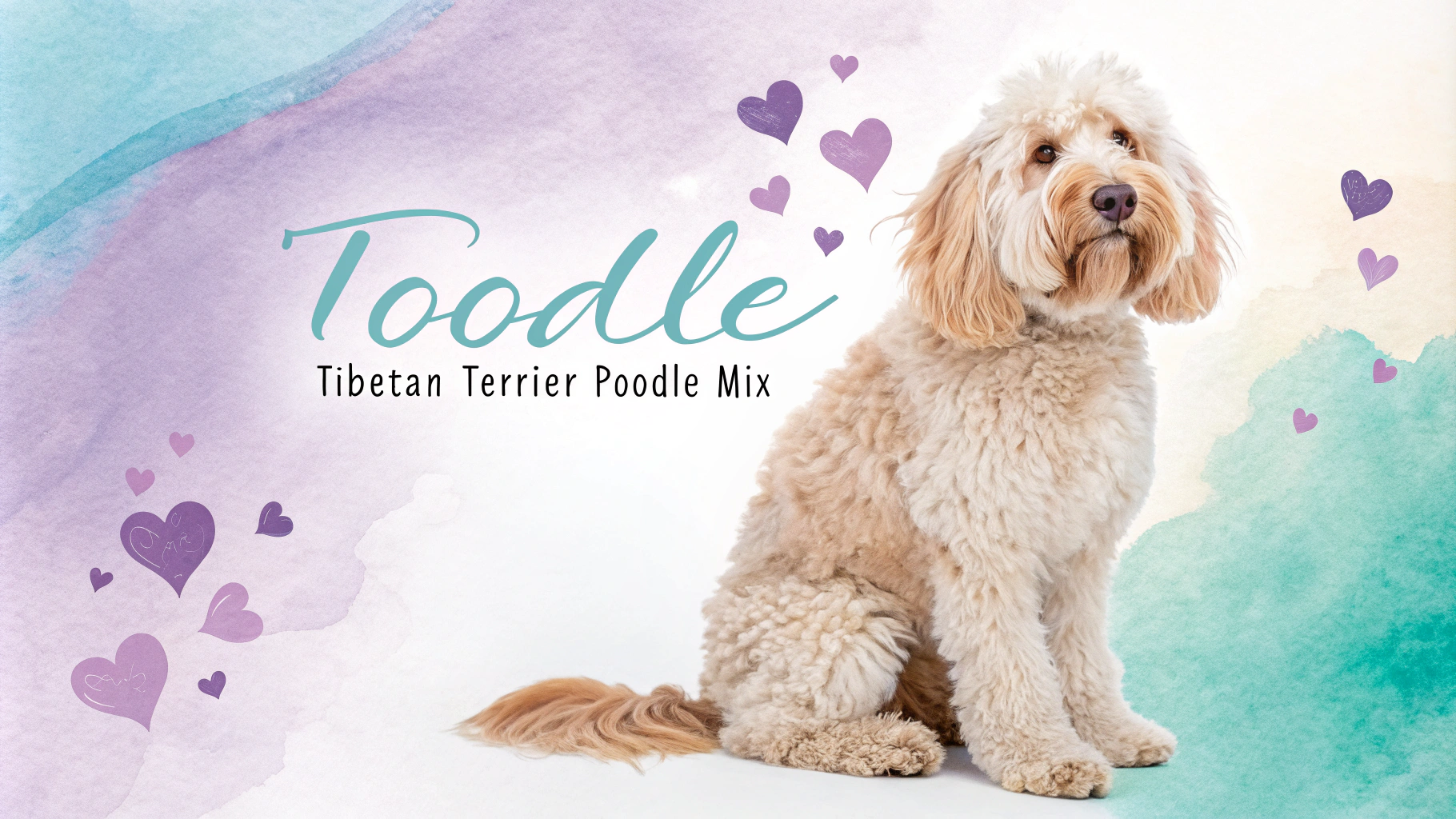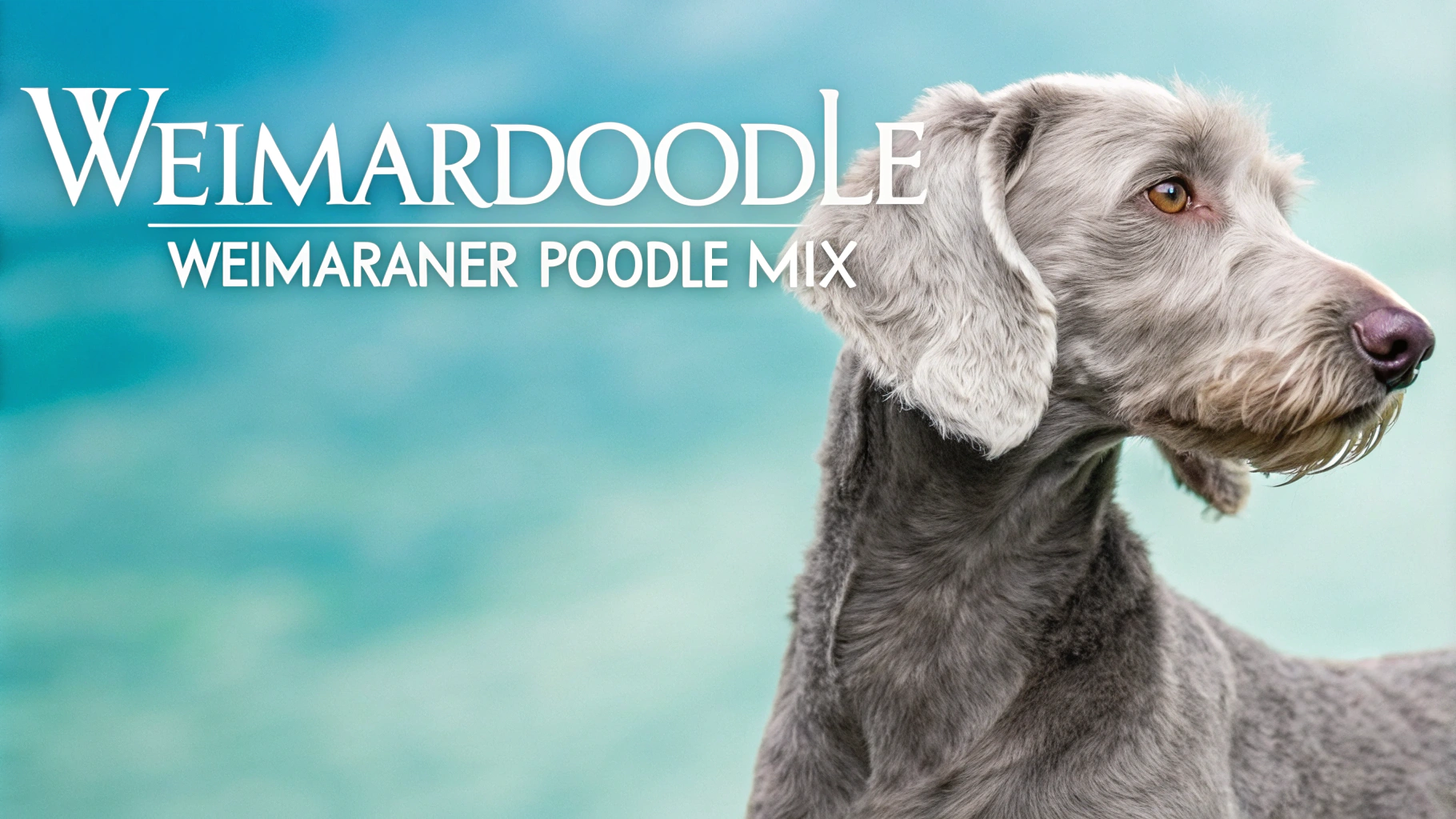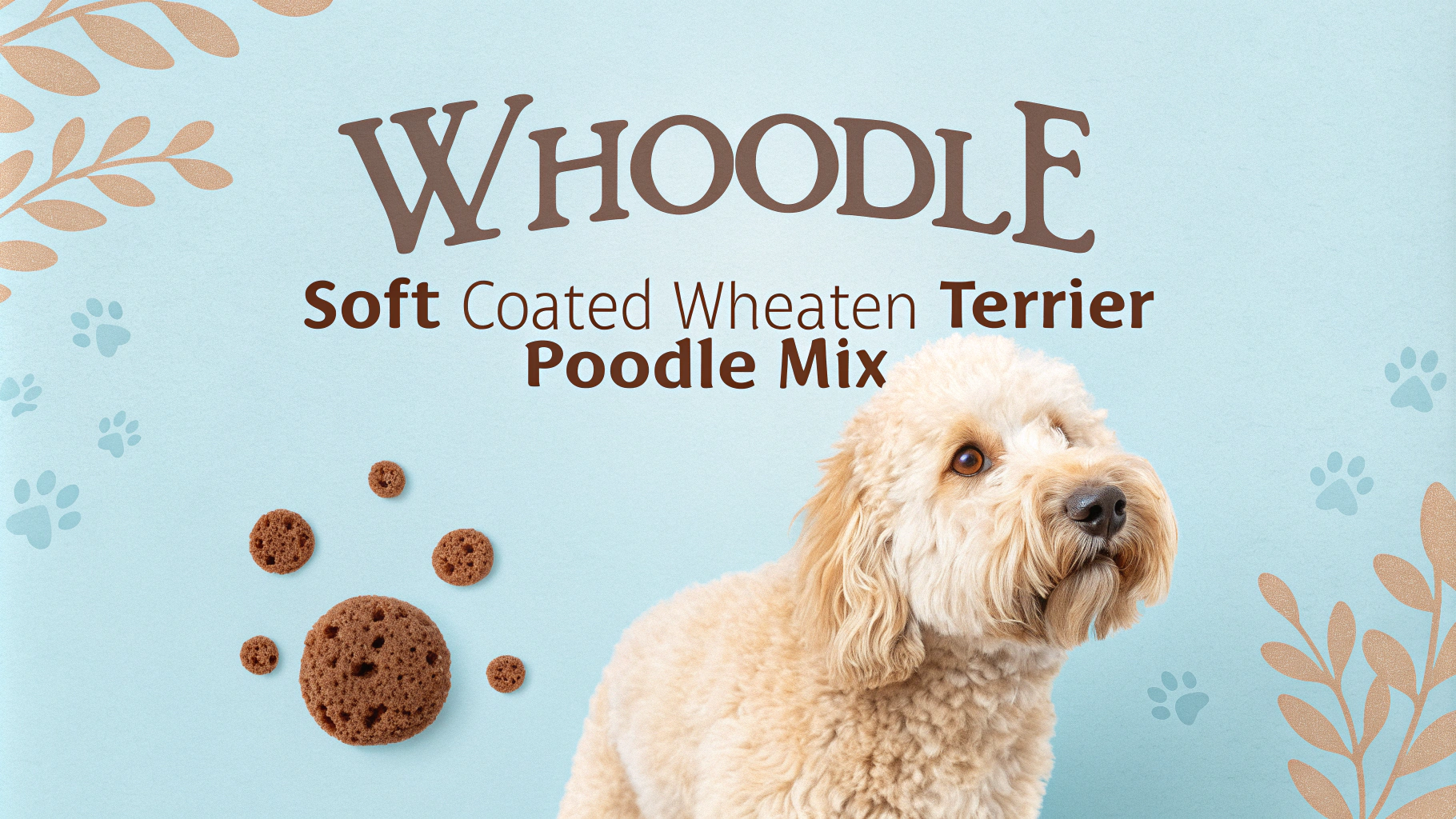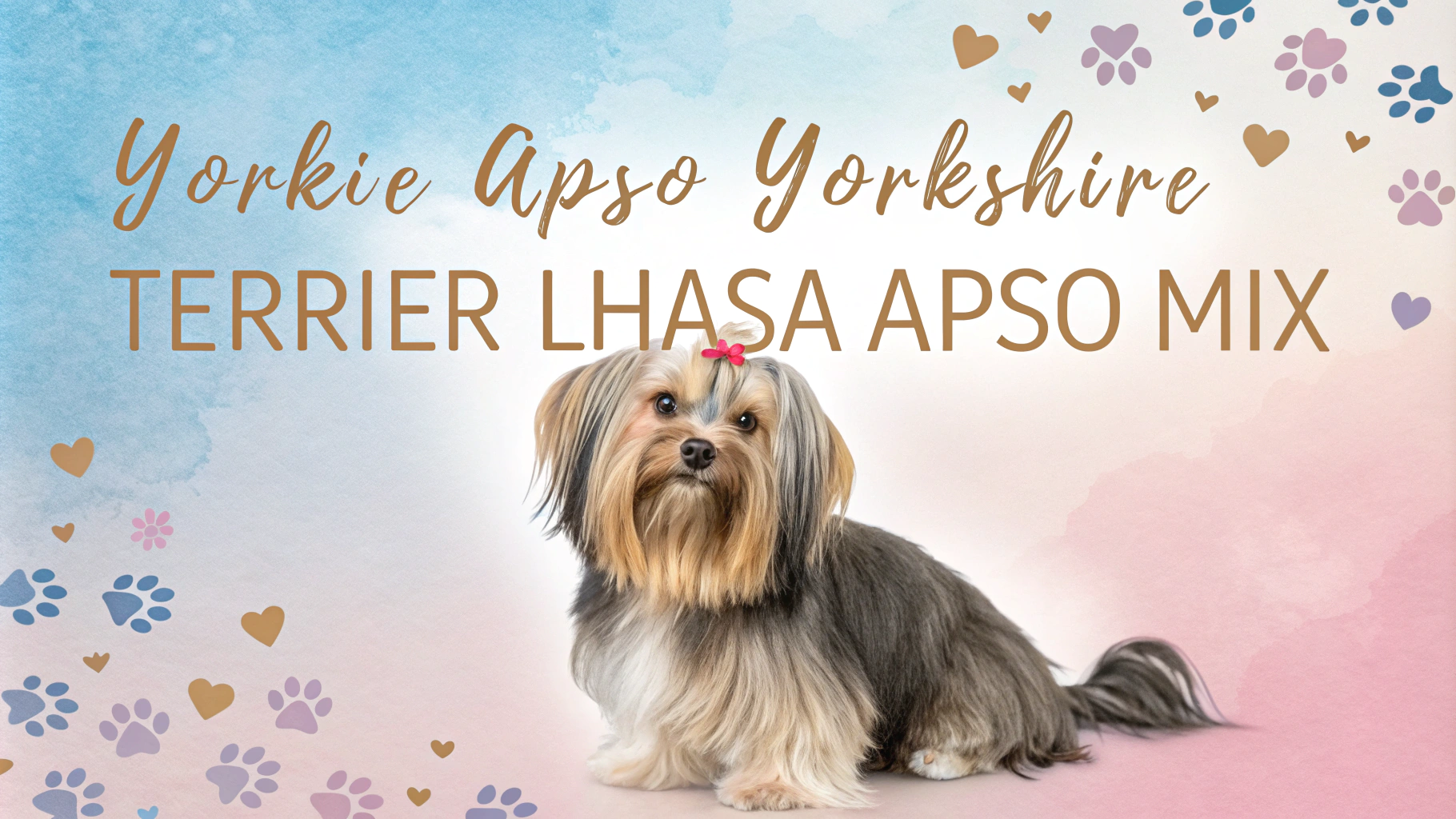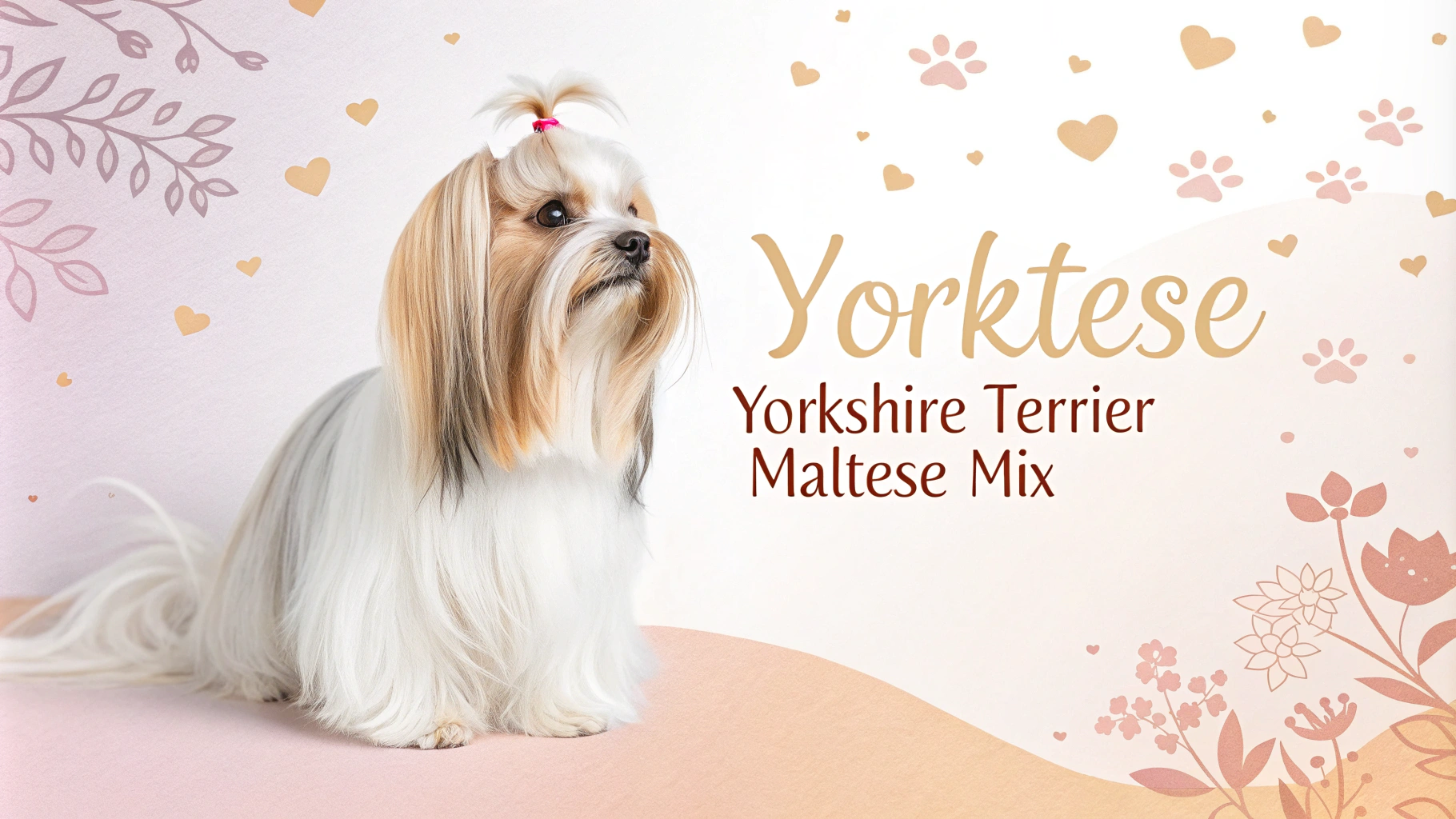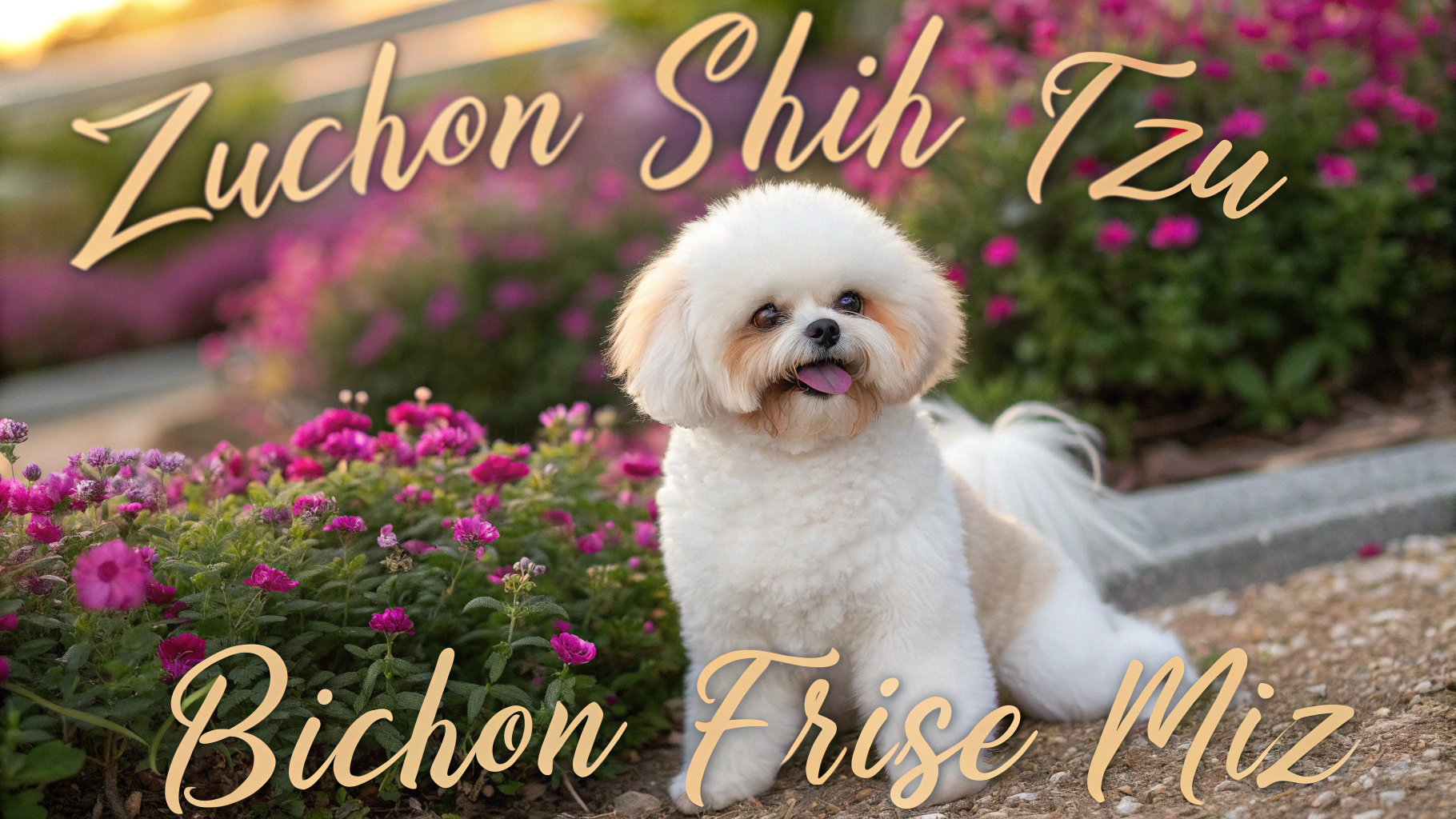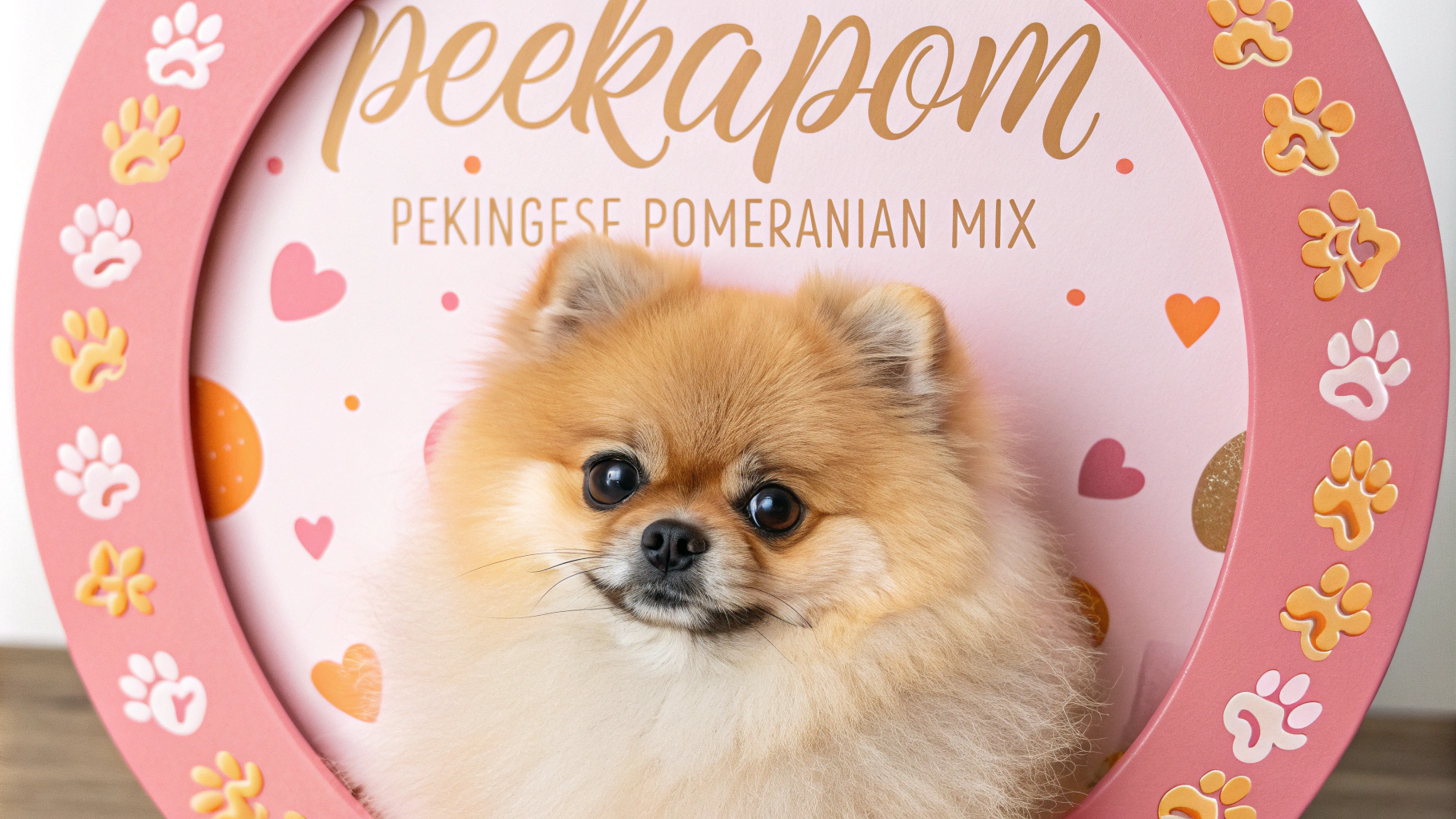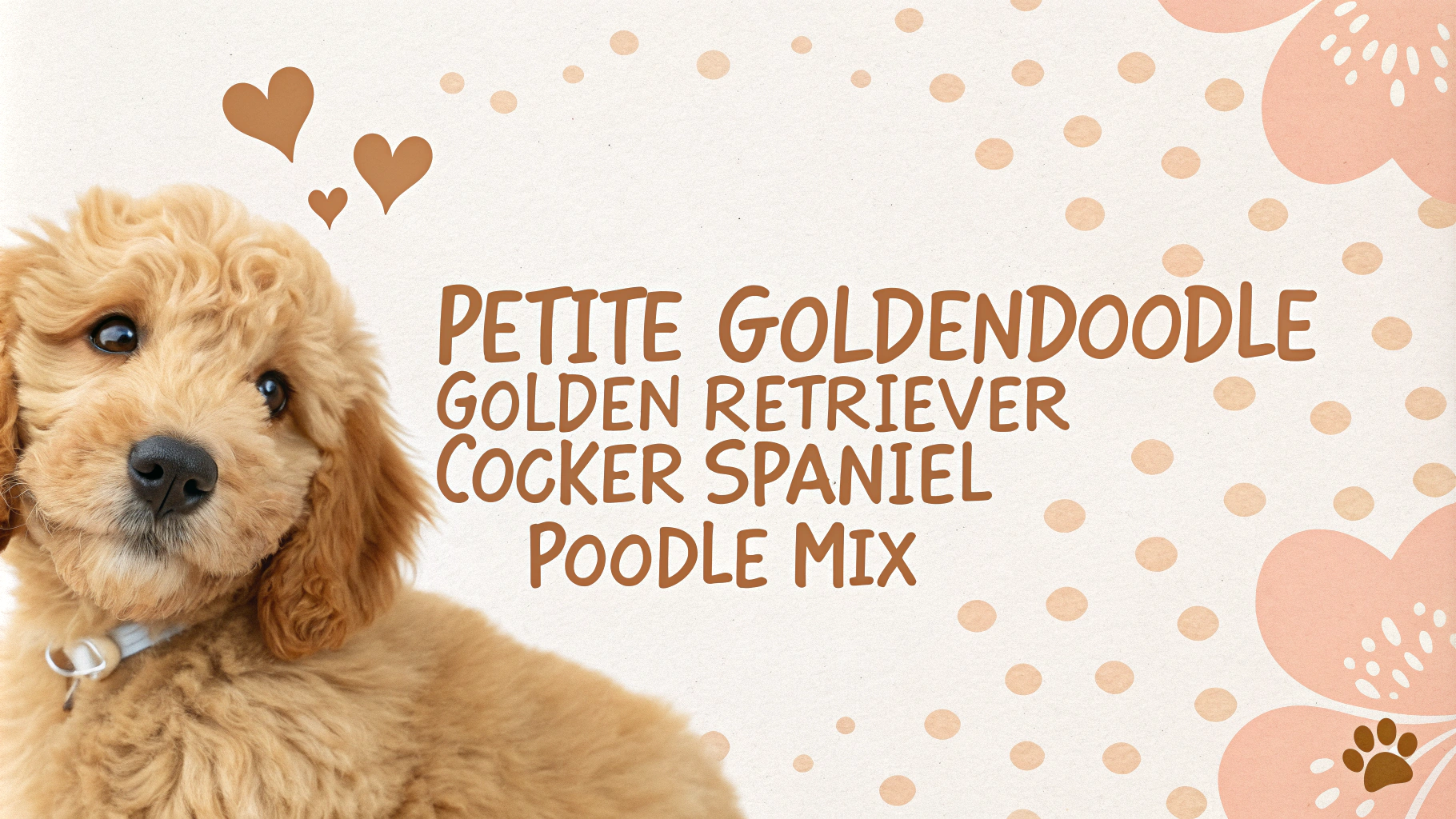The Yorktese is a designer dog breed that combines the Yorkshire Terrier and the Maltese. This small, affectionate companion dog inherits traits from both parent breeds, resulting in a charming and lovable pet. Yorktese dogs are known for their silky coats, playful personalities, and adaptability to various living situations. As a hybrid breed, the Yorktese may exhibit a mix of characteristics from both parent breeds, making each dog unique in appearance and temperament.
Key Facts
- Size: Small (typically 6-9 inches tall)
- Weight: 4-12 pounds
- Lifespan: 12-15 years
- Coat: Long, silky, and hypoallergenic
- Colors: Various combinations of white, black, tan, and golden
- Temperament: Affectionate, playful, and intelligent
- Good with children: Yes, but supervision is recommended due to their small size
- Good with other pets: Generally yes, but early socialization is important
- Barking level: Moderate to high
- Shedding: Low
Character Traits
Yorktese dogs inherit a blend of personality traits from their Yorkshire Terrier and Maltese parents, resulting in a charming and affectionate companion. These small dogs are known for their loving nature and strong bonds with their owners. They are typically playful, energetic, and intelligent, making them excellent family pets.
Yorktese dogs often display a confident and sometimes feisty attitude, despite their small size. They can be protective of their families and may bark to alert their owners of potential threats or visitors. This trait makes them good watchdogs, although their small stature limits their effectiveness as guard dogs.
These hybrid dogs are generally friendly and sociable, enjoying the company of both humans and other pets when properly socialized. They tend to be adaptable to various living situations and can thrive in both apartments and houses with yards. However, they may develop separation anxiety if left alone for extended periods, as they crave human companionship.
Yorktese dogs are known for their intelligence and eagerness to please, which can make them relatively easy to train. They respond well to positive reinforcement techniques and enjoy learning new tricks. However, they may also inherit a stubborn streak from their Yorkshire Terrier lineage, requiring patience and consistency in training.
Despite their small size, Yorktese dogs can be quite energetic and playful. They enjoy interactive games and short walks, but their exercise needs are generally moderate. This makes them suitable for owners who may not have the time or ability to provide extensive physical activity.
History & Origins
The Yorktese is a relatively new designer dog breed, likely originating in the late 20th or early 21st century as part of the growing trend of creating hybrid dogs. While the exact origins of the Yorktese are not well-documented, understanding the history of its parent breeds provides insight into the development of this mixed breed.
The Yorkshire Terrier, one of the parent breeds, originated in Yorkshire, England, during the 19th century. Initially bred as working dogs to catch rats in textile mills and coal mines, Yorkies eventually became popular companion dogs among the upper classes. They were first recognized by the American Kennel Club (AKC) in 1885.
The Maltese, the other parent breed, has a much longer history, dating back thousands of years to the Mediterranean island of Malta. These small white dogs were highly prized by ancient civilizations and were often associated with royalty and nobility. The Maltese breed was recognized by the AKC in 1888.
The creation of the Yorktese likely stemmed from a desire to combine the best traits of both parent breeds. Breeders may have aimed to create a small companion dog with the Yorkshire Terrier’s confidence and the Maltese’s affectionate nature, while potentially reducing some of the health issues associated with purebred dogs through hybrid vigor.
As a designer breed, the Yorktese is not recognized by major kennel clubs like the AKC or the United Kennel Club (UKC). However, some smaller organizations, such as the Designer Breed Registry (DBR) and the International Designer Canine Registry (IDCR), do recognize and register Yorktese dogs.
Health Concerns
Yorktese dogs, like many small breed mixes, can be prone to certain health issues. Some common concerns include:
- Dental problems: Due to their small mouths, they may experience overcrowding and tooth decay.
- Patellar luxation: A condition where the kneecap dislocates from its normal position.
- Hypoglycemia: Low blood sugar, especially in puppies and small adults.
- Eye issues: Including cataracts and progressive retinal atrophy.
- Collapsed trachea: A weakening of the tracheal rings, leading to breathing difficulties.
Regular veterinary check-ups and proper care can help mitigate these risks. It’s important to source puppies from reputable breeders who conduct health screenings on parent dogs.
Exercise Needs
While Yorktese dogs are small, they still require regular exercise to maintain good health and prevent behavioral issues. Their exercise needs are moderate and can typically be met with:
- Daily walks: 20-30 minutes, once or twice a day
- Indoor play sessions: 15-20 minutes of fetch or other interactive games
- Mental stimulation: Puzzle toys and training exercises
These dogs are adaptable and can adjust their energy levels to their owner’s lifestyle. However, they should not be over-exercised, especially in hot weather, due to their small size and potential for respiratory issues inherited from the Yorkshire Terrier side.
Space Requirements
Yorktese dogs are well-suited for various living situations due to their small size. They can thrive in:
- Apartments
- Small houses
- Larger homes with yards
While they don’t require a lot of space, they do need a safe, comfortable area to rest and play. A small, fenced yard can be beneficial but is not necessary if daily walks and indoor play are provided. It’s important to ensure the living space is puppy-proofed, as these curious dogs may explore and potentially get into mischief.
Nutrition & Feeding
Proper nutrition is crucial for the health and longevity of Yorktese dogs. Their diet should be tailored to their size, age, and activity level. Key points include:
- High-quality dog food: Choose a small breed formula with real meat as the first ingredient.
- Portion control: Due to their small size, they require small, frequent meals (2-3 times daily) to prevent hypoglycemia.
- Avoid overfeeding: Small breeds can easily become overweight, leading to health issues.
- Fresh water: Always provide clean, fresh water.
Consult with a veterinarian to determine the best feeding schedule and amount for your individual Yorktese. Some may require special diets if they have specific health concerns or food sensitivities.
Grooming Tips
Yorktese dogs require regular and thorough grooming to maintain their luxurious coats and overall health. Their long, silky hair needs daily brushing to prevent matting and tangling. Use a pin brush or a slicker brush, starting from the skin and working your way out. Pay special attention to areas prone to matting, such as behind the ears, under the legs, and around the tail.
Regular bathing is essential, typically every 2-4 weeks or as needed. Use a gentle, dog-specific shampoo to avoid skin irritation. After bathing, it’s crucial to thoroughly dry the coat to prevent skin issues. Many owners opt for professional grooming every 6-8 weeks to maintain a neat appearance and manageable coat length.
Don’t forget about other grooming aspects:
- Teeth cleaning: Brush teeth 2-3 times a week to prevent dental issues.
- Nail trimming: Clip nails every 2-3 weeks or as needed.
- Ear cleaning: Check and clean ears weekly to prevent infections.
- Eye care: Gently wipe around the eyes daily to prevent tear staining.
Introducing grooming routines early in life will help your Yorktese become accustomed to the process, making it a positive experience for both of you.
Training Approach
Training a Yorktese requires patience, consistency, and positive reinforcement techniques. These intelligent and sometimes stubborn dogs respond best to gentle, reward-based methods. Start training early to establish good habits and socialize your puppy with various people, animals, and environments.
Key training tips include:
- Use treats, praise, and toys as rewards for good behavior
- Keep training sessions short (5-10 minutes) but frequent
- Focus on basic obedience commands like sit, stay, come, and leave it
- Address potential small dog syndrome by setting clear boundaries
- Prioritize potty training, as small breeds can be challenging to house train
Yorktese dogs excel in agility and trick training, which can provide mental stimulation and strengthen your bond. Crate training can be beneficial for house training and providing a safe space. Be patient with barking tendencies, as both parent breeds can be vocal. Consistent training and positive reinforcement can help manage excessive barking.
Remember that Yorktese dogs are sensitive, so avoid harsh corrections or punishment-based training methods. Instead, focus on building trust and creating a positive learning environment. With proper training and socialization, your Yorktese can become a well-behaved, confident companion.
